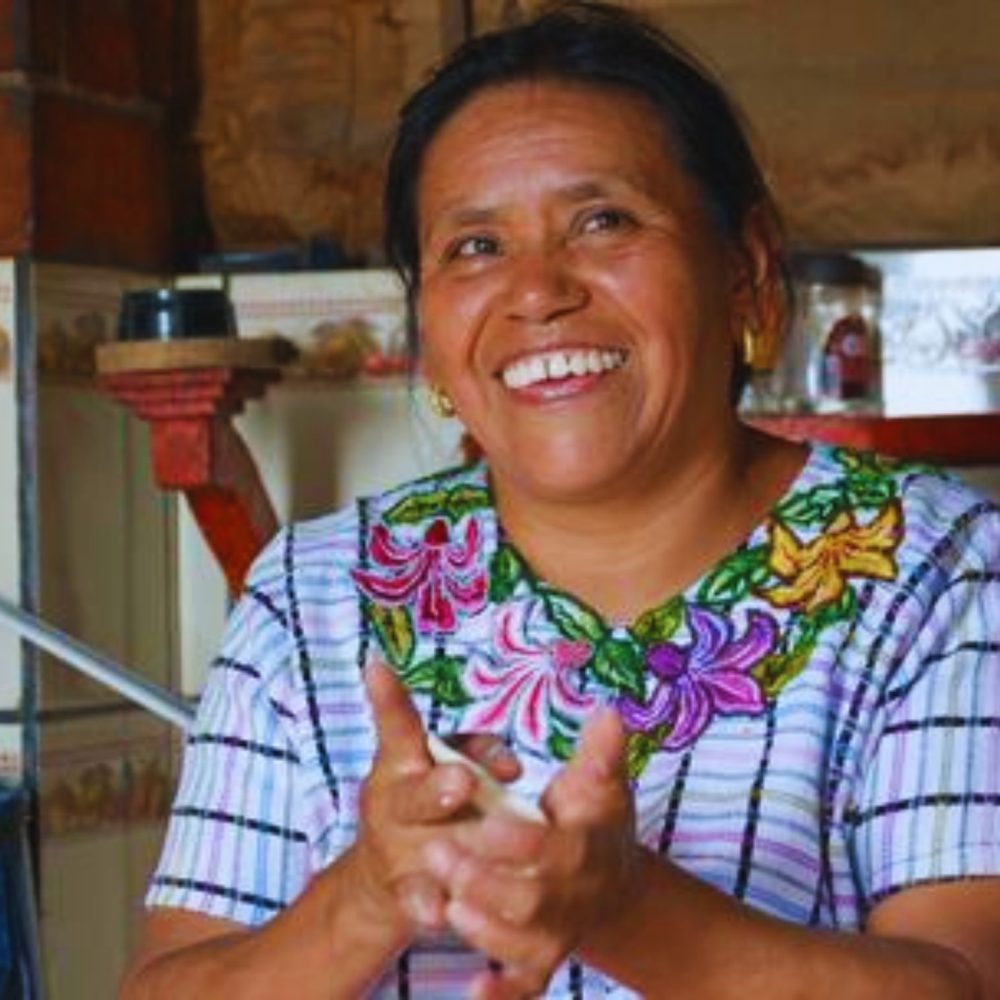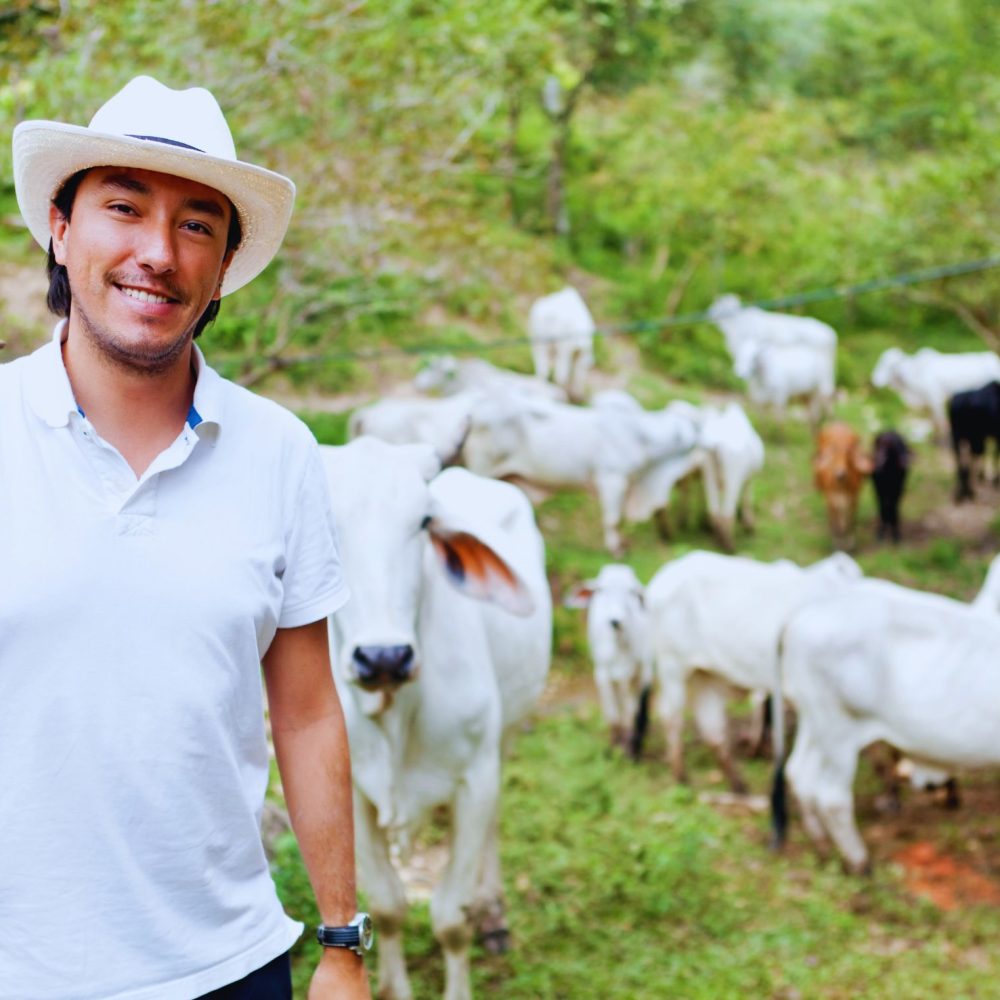WHAT WE DO
Research
REACH has almost 20 years of experience conducting qualitative and quantitative desk and field research on labor and human rights issues in a wide range of countries across the Americas. Our experience includes designing tailored research methodologies and tools; carrying out desk research; conducting interviews with experts and vulnerable and hard-to-reach populations; data analysis; and drafting comprehensive, nuanced reports detailing findings and recommendations in both English and Spanish. We illuminate human rights violations and their root causes and develop research-informed recommendations to prevent and address these issues and their root causes.
It is essential to interview individuals who are directly impacted by human and labor rights violations in order to acquire information about their experiences and perspectives and the best ways to address the issues that they are facing.
Therefore, we have developed an innovative methodology to identify and interview victims of human and labor rights abuses, including migrants, in their home communities so that they can safely share sensitive information with a reduced risk of reprisals.
REACH is one of the foremost experts on field research on labor issues, especially forced labor and human trafficking, in the Americas. We have carried out research in over a dozen countries and ten sectors, including agriculture, fishing, extractives, construction, and services.




Education
REACH conducts training and awareness-raising programs directed at vulnerable populations, as well as representatives of companies, civil society organizations, and government agencies.
For vulnerable populations, we conduct awareness-raising programs to prevent at-risk individuals from becoming victims of human trafficking; inform survivors of human and labor rights abuses about services available to them; provide skills trainings to create alternative ways to generate income and achieve economic independence; and promote access of children and women to formal and informal education to give them a better chance of breaking out of the cycle of poverty.
We train government officials and civil society organizations about the human and labor rights violations and their root causes uncovered by our research, as well as the steps that they can take to protect vulnerable populations. We build the capacity of companies about effective actions that they can take to proactively identify and prevent labor and human rights violations in their supply chains.

Workshops on domestic and sexual violence
Action for Change
We design and implement multi-faceted projects that result in meaningful, measurable, and sustainable change. Our projects are focused on human and labor rights, human trafficking, violence prevention, migration, women’s empowerment, and more.
Too many times, changes are imposed by those with power, either for their own benefit, or in the belief that these changes are in the best interest of others. Therefore, it is essential that rightsholders are consulted, as they are the true experts on the issues that they are facing, the root causes, and what needs to be done to combat these problems. REACH is highly experienced in interviewing and engaging vulnerable populations on sensitive subjects such as human trafficking, organized crime, and domestic and sexual violence, in order to inform the design of effective, sustainable projects.
REACH’s approach to improving labor conditions in the Guatemalan coffee sector
- Interviews with over 300 workers on labor violations in the coffee sector, as well as workers’ needs, technology access, literacy levels, priorities, and perspectives, in order to inform the development of a grievance mechanism.
- Mapping of the coffee supply chain, from coffee importers to labor brokers, as well as the mapping of government and civil society service providers in workers’ communities of origin and coffee producing regions.
- Trainings of over 500 workers, government officials, NGO representatives, and coffee company employees on labor risks identified by research and steps that they can take to reduce these risks.
- The development and implementation of an innovative Grievance Reporting and Information Dissemination (GRID) system, available in Spanish, Quiché, Mam, and Tz’utujil, that provided over 1,000 workers with information about their labor rights, a channel to report violations of these rights, a remediation mechanism for those in the company supply chains, and referrals to government and NGO service providers.